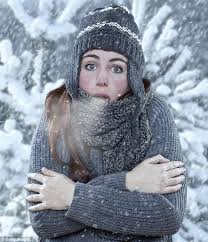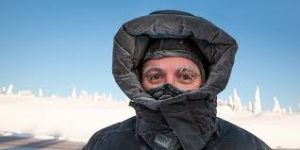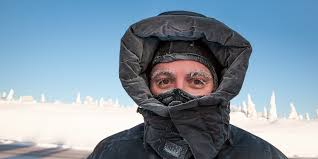We are now well into October and the colder weather is starting to settle in. It is a good time to make sure that you have had your boiler and heating system checked out to make sure that it is in smooth running order. If you are looking for a Boiler service in Gloucester, then take a look at http://www.hprservicesltd.com/gloucester-boilers/boiler-service-gloucester/

We all know how uncomfortable it can be to feel cold, especially the biting icy wind against your hands and face. But do you know what actually happens to your body when the outside temperature begins to drop below freezing point?
Shivering
We have all stood outside on cold evening and found ourselves shivering. Our bodies start to shiver when the bodies action of constricting blood vessels to help conserve heat starts to not be as effective in the cold temperatures as it was. This could be because we have moved into a colder area or perhaps taken a layer of clothing off or simply that the temperature has dropped. By shivering our body creates heat which in turn then starts to warm us up. Research has shown that a mild shiver can create as much as 100 watts of heat and a strong shivering can create around 400 – 600 watts of heat.
Don’t over-do the layers
Stay dry and sober
Even during the warmer weather when getting out of a swimming pool you often find that you will start to shiver. This is because water actually takes heat away from the body faster than air does, actually around 25% quicker. Alcohol can increase your body reactions to the cold as it causes your blood vessels to dilate which in turn means you feel the cold more. Your body ends up in a bit of a stalemate over whether to constrict with the cold or dilate with the alcohol and you ultimate end up shivering but perhaps unaware of the fact that you feel cold.

Where is the bathroom?
One of the stranger reactions our body makes to the cold is the need to urinate more than usual. This is down to the constriction of your blood vessels during the colder weather encouraging your body to retain as much fluid as possible within your core. This then in turn confuses the receptors in your body that indicate when some of the fluid needs to be released.



